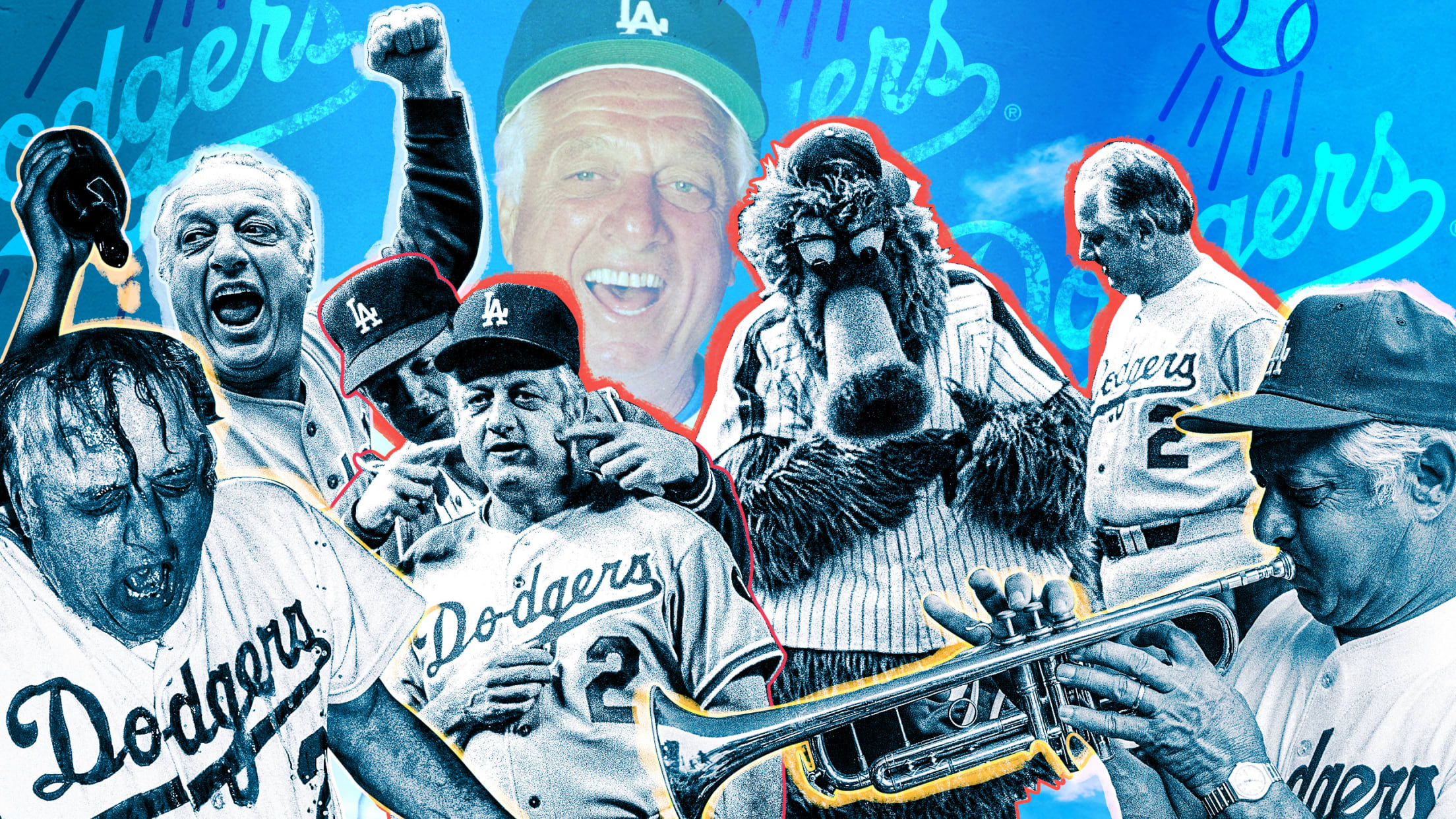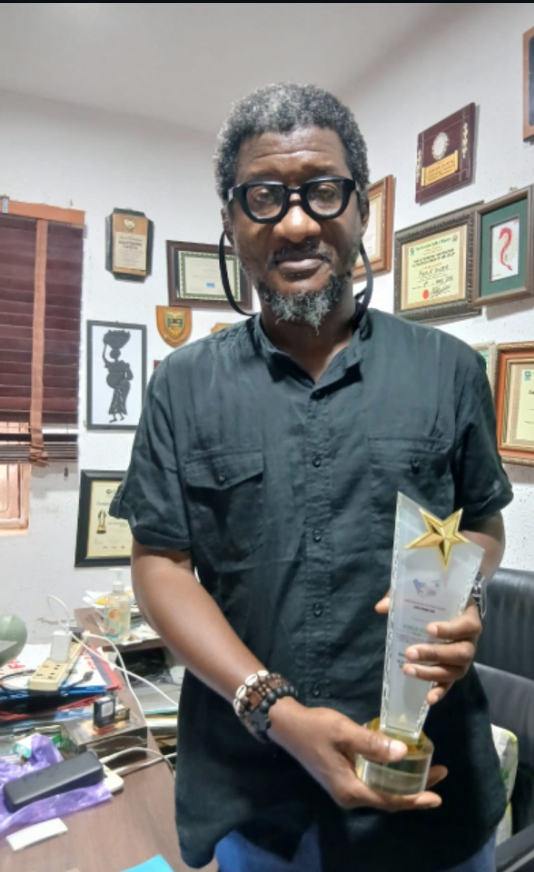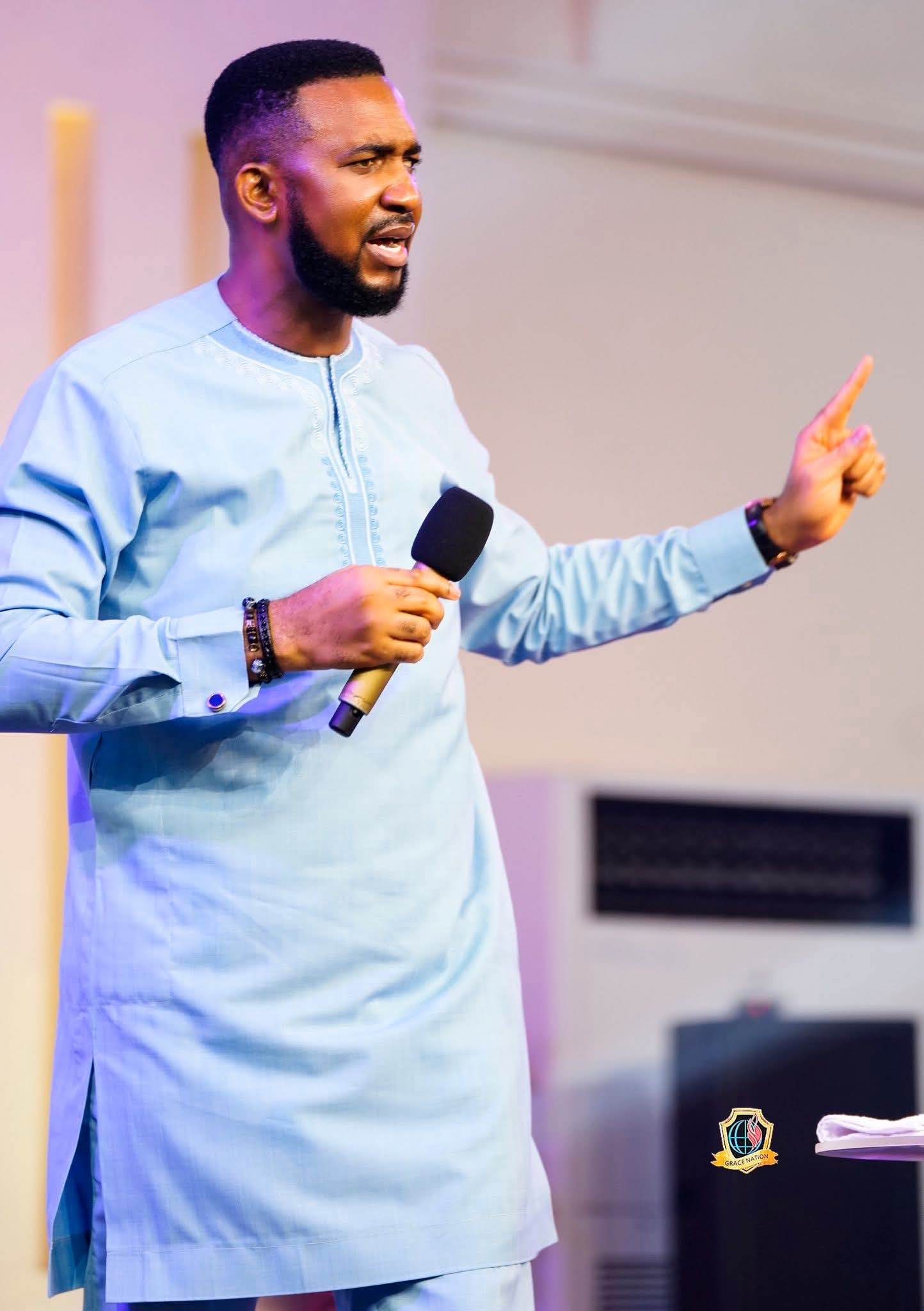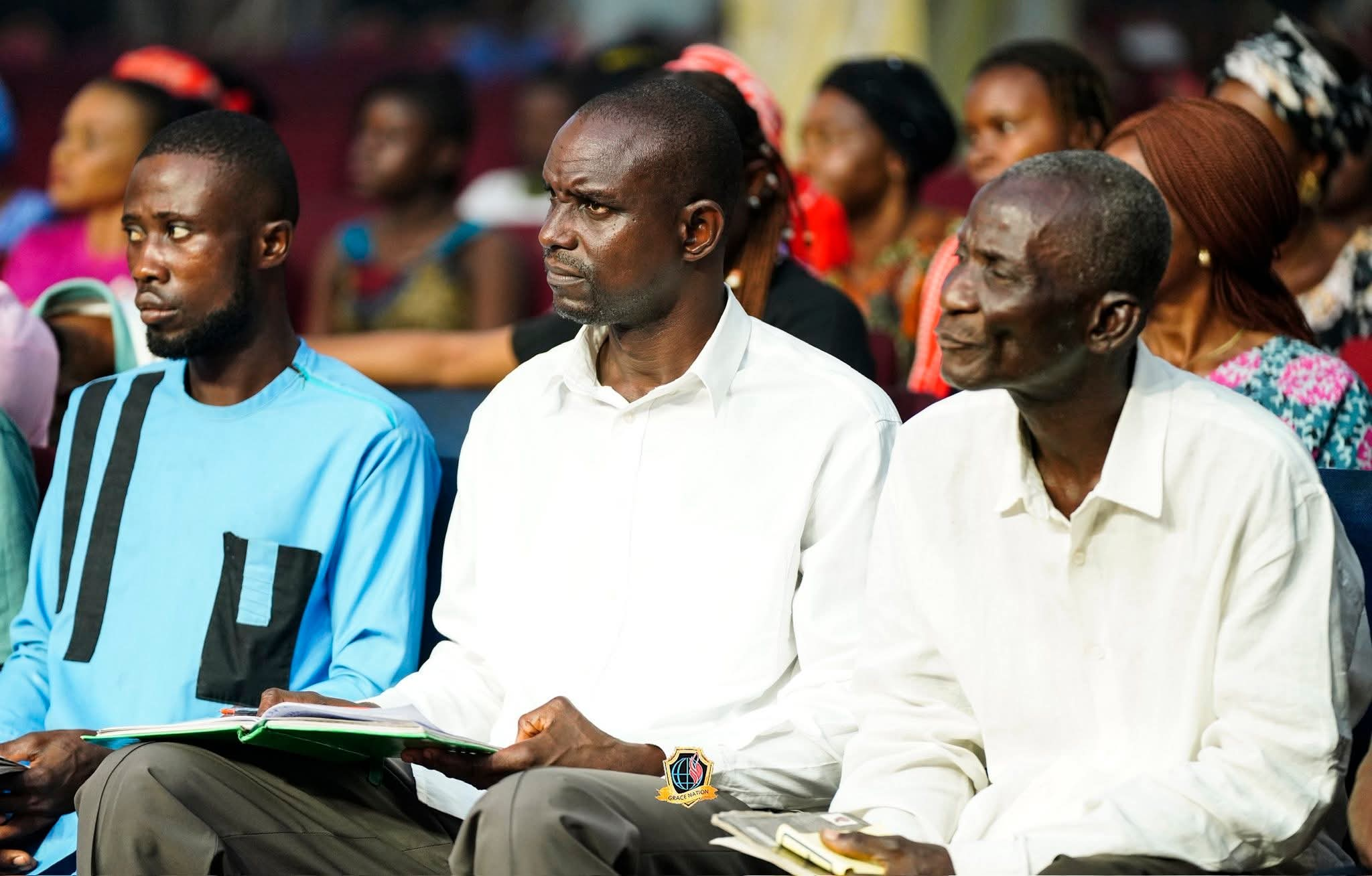celebrity radar - gossips
Tommy Lasorda dies at 93

Sadly, growing more and more frail, Tommy Lasorda looked on from a suite at Globe Life Field in Texas, watching as the Los Angeles Dodgers clinched the World Series in Game 6 against the Tampa Bay Rays.

Surrounded by family and friends, Lasorda celebrated the team’s first championship in 32 years that October evening amid the coronavirus pandemic. While his mobility was slowed, his mind was still sharp.
Fittingly, it was the last game he ever attended.
“He always said he wanted 2 things, to live to be 100 and to see another championship brought to the city of LA,” Dodgers third baseman Justin Turner tweeted. “Although he fought like hell to hit triple digits, I couldn’t be more proud to know he got to see the Dodgers on top again, where he knew we belonged”
The Hall of Fame manager who was true blue to the Dodgers for more than seven decades died Thursday night after having a heart attack at his home in Fullerton, California, the team said Friday. Lasorda was 93. He had just returned home Tuesday after being hospitalized since Nov. 8 with heart issues.
Lasorda had been the oldest living baseball Hall of Famer — that distinction now belongs to Willie Mays, who turns 90 in May.
Flags at Dodger Stadium were being lowered to half-staff and Lasorda’s No. 2 was painted in the outfield. A jersey with his number hung in the dugout and fans showed up with flowers, candles and Dodgers memorabilia at the ballpark.
Lasorda had a history of heart problems, including a heart attack in 1996 that hastened the end of his managerial career and another in 2012 that required him to have a pacemaker.
“It feels appropriate that in his final months, he saw his beloved Dodgers win the World Series for the first time since his 1988 team,” commissioner Rob Manfred said.
Lasorda spent 71 years in the Dodgers organization, starting as a player when the team was still based in Brooklyn. He later coached and then became its best-known manager for 21 years in Los Angeles, leading the franchise to two World Series championships. After stepping down in 1996, he became an ambassador for the sport he loved.
Alternately fiery, comforting, profane and full of flair, Lasorda used to say, “I bleed Dodger blue.”
Lasorda was a master motivator among his players, always knowing just the right amount of confidence or candor required to induce stellar performances.
“He believed all that stuff that he said, he really did,” said former Dodgers second baseman Steve Sax, who played on both of Lasorda’s championship teams and was a five-time All-Star. “He really believed that you were better if you wore a Dodger uniform. He was all in. And because he believed it, we did, too.”
Lasorda served as special adviser to team owner and chairman Mark Walter for the last 14 years, and maintained a frequent presence at games sitting in Walter’s box.
“In a franchise that has celebrated such great legends of the game, no one who wore the uniform embodied the Dodger spirit as much as Tommy Lasorda,” said Stan Kasten, team president and CEO.
Lasorda compiled a 1,599-1,439 record as manager from 1977-96. He won World Series titles in 1981 and ’88, four National League pennants and eight division titles as the skipper.
Lasorda kept a bronze plaque on his desk reading: “Dodger Stadium was his address, but every ballpark was his home.″
He was elected to baseball’s Hall of Fame in 1997 as a manager. He guided the U.S. to a baseball gold medal at the 2000 Sydney Olympics.
Lasorda was the franchise’s longest-tenured active employee since Hall of Fame broadcaster Vin Scully retired in 2016 after 67 years.
“There are two things about Tommy I will always remember,” Scully said. “The first is his boundless enthusiasm. Tommy would get up in the morning full of beans and maintain that as long as he was with anybody else. The other was his determination. He was a fellow with limited ability and he pushed himself to be a very good Triple-A pitcher. He never quite had that something extra that makes a major leaguer, but it wasn’t because he didn’t try.”
As a pitcher, Lasorda had a limited career at the major league level, going 0-4 with a 6.48 ERA and 13
strikeouts from 1954-56.
He made only one start for the Dodgers — in 1955, the only year they won the crown while in Brooklyn, he threw three wild pitches against the Cardinals and was pulled after the first inning.
Overall, he pitched eight games for the Dodgers and compiled a 7.62 ERA.
Who would’ve ever guessed then that he would wind up meaning so much to the franchise?
Born Thomas Charles Lasorda on Sept. 22, 1927, in Norristown, Pennsylvania, his pro career began when he signed with the Philadelphia Phillies as an undrafted free agent in 1945. He missed the 1946 and ’47 seasons while serving in the Army.
Lasorda returned in 1948 and once struck out 25 in a 15-inning game. In his next two starts, he struck out 15 and 13, gaining the attention of the Dodgers, who drafted him from the Phillies. He played in Panama and Cuba before making his major league debut on Aug. 5, 1954, for the Brooklyn Dodgers. Although he didn’t play in the 1955 World Series, he won a ring as a member of the team.
Lasorda pitched for the Dodgers for two seasons but lost his roster spot when Brooklyn had to make room for another lefty — young Sandy Koufax.
The Kansas City Athletics bought Lasorda’s contract and was traded to the Yankees in during the 1956 season. Sent down to the Triple-A Denver Bears, he was sold back to the Dodgers in 1957.
Lasorda stayed on with the Dodgers as a scout after they released him in 1960. That was the beginning of a steady climb through the Dodgers’ system that culminated in his 1973 promotion to the big league staff under longtime Hall of Fame manager Walter Alston.
Lasorda spent four seasons as third base coach while considered to be the heir apparent to Alston, who retired in September 1976. Lasorda’s 21 years as manager was second-only to Alston.
Lasorda’s gregarious personality was in stark contrast to his restrained predecessor. He was known for his enthusiasm and outspoken opinions about players. He would jump around and pump his arms in the air after Dodgers victories and embrace players in the dugout after home runs or other good plays.
In L.A., Lasorda found many of the players he had managed in the minors, including Steve Garvey, Ron Cey, Davey Lopes, Bill Russell, Bobby Valentine and Bill Buckner.
As beloved as Lasorda was publicly, behind the scenes he was known for cussing a blue streak with reporters, rendering many of his quotes unusable.
Some of his most memorable rants live on via the internet, notably one from July 1982 involving Kurt Bevacqua of the San Diego Padres, who called Lasorda “that fat little Italian″ after Dodgers pitcher Tom Niedenfuer was fined $500 for beaning Joe Lefebvre, Bevacqua’s teammate.
Lasorda denied ordering Niedenfuer to hit Lefebvre while unleashing a series of F-bombs.
“If I ever did,″ Lasorda said, his voice rising, “I certainly wouldn’t make him throw at a (expletive) .130 hitter like Lefebvre or (expletive) Bevacqua who couldn’t hit water if he fell out of a (expletive) boat.″
In 1978, Dave Kingman of the Chicago Cubs hit three homers and drove in eight runs in a 10-7, extra-inning victory over the Dodgers and a reporter asked Lasorda what he thought of Kingman’s performance.
“I think it was (expletive) (expletive). Put that in,″ Lasorda said. “He beat us with three (expletive) home runs. How could you ask me a question like that?”
Or just read his lips in a clip where has Youppi!, the furry mascot of the old Montreal Expos, tossed from pranking around atop the Dodgers dugout at Olympic Stadium.
Lasorda was known for his friendship with Frank Sinatra and other Hollywood stars. Sinatra sang the national anthem on opening day of the 1977 season to mark Lasorda’s debut as manager. The faux-wood paneled walls of Lasorda’s office were crowded with black-and-white autographed photos of his celebrity friends, the framed glass stained by red sauce from the pasta served in large foil trays after games.
Lasorda’s appetite for winning and eating was equally voracious. His weight ballooned throughout his years as manager, and he explained, “When we won games, I’d eat to celebrate. And when we lost games, I’d eat to forget.″
Lasorda managed nine National League Rookie of the Year winners, including Fernando Valenzuela, Steve Sax, Steve Howe, Mike Piazza, Eric Karros and Hideo Nomo.
“You have to know who to pat on the back, when to pat him on the back, when you have to kick them in the butt and when you have to stroke them a little bit,” said Mike Scioscia, former Dodgers catcher and major league manager. “And Tommy had that gift, to know what players needed what.”
Lasorda managed in four All-Star games. He was serving as third base coach in the 2001 game when he tumbled backward while trying to avoid the shattered barrel of Vladimir Guerrero’s bat in a comical scene.
In 1998, Lasorda became interim general manager after Fred Claire was fired in the middle of the season. He resigned from that job after the season and was appointed senior vice president. After the team was sold in 2004 to Frank McCourt, Lasorda became special adviser to the chairman.
He is survived by Jo, his wife of 70 years. The couple lived in the same modest home in Fullerton for 68 years. They have a daughter Laura and a granddaughter Emily. The couple’s son, Tom Jr., died in 1991 of AIDS-related complications.
celebrity radar - gossips
Another Feather for Nollywood Icon Fidelis Duker

**Another Feather for Nollywood Icon Fidelis Duker
*Lagos, Nigeria* — In a remarkable celebration of artistic achievement, renowned Nollywood figure Fidelis Duker received yet another prestigious accolade last weekend, solidifying his role as a key player in the growth of the Nigerian and African film industries. The award was presented in a ceremony held at Duker’s Lagos office by esteemed film and theatre director, Mr. Alex Eyengho, founder of the Warri International Film Festival, alongside Marketing and Strategy Director, Mrs. Matel Eyengho.
The recent recognition builds upon Duker’s previous achievement at last year’s ECOFEST in Dakar, where he was honored with a Lifetime Achievement Award. This latest accolade is a testament to his unwavering dedication and substantial contributions to the cinematic landscape.
“I am truly humbled by this recognition,” Duker expressed during the event. In his speech, Alex Eyengho lauded Duker’s pioneering efforts in establishing significant film festivals in Nigeria, particularly the Abuja International Film Festival, which has played a vital role in promoting local talent and storytelling.
Eyengho emphasized, “Fidelis has not only paved the way for emerging filmmakers but has also helped elevate Nigerian cinema on the global stage. His creative vision and commitment inspire all of us in the industry.”
As Duker reflects on this honor, he acknowledges the importance of teamwork and collaboration in achieving success. “This acknowledgment reaffirms to my team and me that our work is being observed, and it motivates us to continue contributing to the development of our sector,” he stated.
With numerous projects on the horizon, Duker remains a relentless advocate for the growth and recognition of African cinema. His latest recognition is yet another testament to the vibrant and evolving landscape of Nollywood, as industry leaders like him continue to inspire future generations.
As the film industry anticipates the next phase of development, Duker’s continued influence signals a promising future for filmmakers in Nigeria and across the continent.
celebrity radar - gossips
E‑Money’s Grand Gesture: A Closer Look at the SUV Gift to Chinedu “Aki” Ikedieze

E‑Money’s Grand Gesture: A Closer Look at the SUV Gift to Chinedu “Aki” Ikedieze
By George Omagbemi Sylvester | Published by SaharaWeeklyNG
“Public Generosity, Celebrity Loyalty and the Symbolism of Wealth in Nigeria’s Entertainment Elite.”
On Tuesday, February 17, 2026, Nigerian billionaire and entrepreneur Emeka Okonkwo, widely known as E‑Money, once again captured national attention with a lavish and highly publicised act of generosity, gifting a brand‑new 2024/2025 Ford SUV to veteran Nollywood actor Chinedu Ikedieze, affectionately called Aki, during his high‑profile birthday celebration.
The event, held in Lagos amidst a constellation of entertainers, business figures and socialites, was itself part of an annual tradition in which E‑Money marks his birthday (on February 18) with large‑scale giveaways and spectacular shows of material philanthropy. This year, he announced the gift of over 30 cars to friends, staff and family, a gesture that quickly went viral as videos and images circulated across social media platforms.
In the case of Ikedieze, E‑Money’s gift appeared to be deeply personal. During the festivities, E‑Money stood beside his elder brother, Grammy‑nominated musician KCee and recounted how Ikedieze stood by him at his 2007 wedding. The billionaire explained that the SUV was a “token of appreciation” for the enduring support the actor had shown over the years which is a narrative that blends friendship with public celebration.
Ikedieze, a Nollywood staple with a career spanning more than two decades and over 150 film credits, including the iconic Aki na Ukwa franchise, visibly reacted with humble surprise as he received the vehicle, bowing his head in respect and gratitude. The actor later shared the moment on his Instagram account with a caption celebrating the gift, further fuelling online engagement around the event.
Beyond the spectacle, this incident underscores evolving dynamics in Nigerian celebrity culture and the intersection of wealth, influence and reciprocity. Sociologist Dr. Chinedum Uche of the University of Lagos, speaking on the broader implications of such high‑profile gifts, notes: “Philanthropy that is highly publicised can reinforce social bonds, but it also reflects a culture where generosity is intertwined with reputation economy; where giving becomes as much a social signal as it is an act of kindness.” The quote highlights how public acts of wealth transfer among elites serve layered social functions that extend beyond pure altruism.
Critics of such displays argue that ostentatious giveaways, particularly in a country with stark economic disparities, risk amplifying social envy and exacerbating perceptions of inequality. Economist Dr. Ifunanya Nwosu from the Lagos Business School observes: “In societies marked by economic stratification, celebrity largesse may inspire admiration, but it can also inadvertently highlight structural inequities; prompting questions about systemic investment in public welfare versus individual generosity.”
Still, supporters maintain that E‑Money’s annual tradition (which has in past years included cash gifts to his brother KCee, comedians and even domestic staff) reflects genuine gratitude and a commitment to uplifting his immediate circle, albeit within the private sphere.
For Ikedieze, the SUV stands both as a heartfelt gesture from a longtime friend and a public affirmation of their enduring relationship. As the video of the moment continues to circulate, the broader narrative has ignited discussions about the role of private wealth in public life, celebrity culture and how acts of giving are interpreted in contemporary Nigerian society.
In a landscape where influence and generosity often play out in equal measure on public stages, E‑Money’s gift to Aki is more than a headline, it is a flashpoint in ongoing debates about wealth, friendship and visibility in Nigeria’s entertainment and entrepreneurial ecosystem.
celebrity radar - gossips
Spiritual Reality: Wicked People Are Possessed by Wicked Spirits — Dr. Christian Okafor

Spiritual Reality: Wicked People Are
Possessed by Wicked Spirits — Dr. Christian Okafor
…..“You don’t need to offend them before they attack you.”
…..“Your only true help comes from God.”
Demons are strategic and calculating. They detect threats quickly and position themselves to resist any power that may expose or overpower them.
According to the Generational Prophet and Senior Pastor of Grace Nation Global, Christian Okafor, spiritual intelligence operates both in light and in darkness—and believers must understand this reality.
Dr. Okafor delivered this message on Thursday, February 19, 2026, during the midweek Prophetic, Healing, Deliverance and Solutions Service (PHDS) held at the international headquarters of Grace Nation Worldwide in Ojodu Berger, Lagos, Nigeria.
The Operations of Demons
Teaching on the subject “Spiritual Reality” with the subtitle “Operations of Demons,” the Man of God explained that when demons possess individuals, their behavior changes. Such people may attack, bully, or resist those sent by God to help them, unknowingly rejecting divine assistance and prolonging their struggles.
“You don’t need to offend a demon before it attacks you,” he said. “What you carry is enough to provoke opposition. The greater your potential, the greater the battle.”
Dr. Okafor noted that many believers misinterpret battles as signs that God has abandoned them. However, he explained that some battles are permitted for growth, training, and divine glorification.
According to him, God may allow certain confrontations so that believers understand spiritual warfare and emerge stronger.
“Some battles are necessary,” he emphasized. “They push you into your turning point.”
He further stated that God does not respond to lies, blackmail, or bullying. He responds to His Word. Therefore, opposition is not proof of God’s absence, but often evidence of destiny at work.
The Weapon Against Demonic Attacks
Addressing solutions, Dr. Okafor described prayer as the strongest weapon against satanic operations.
“Prayer is the license that invites God into your battles,” he declared. “God does not intrude—He responds to invitation.”
According to the Apostle of Altars, understanding the principles and discipline of prayer enables believers to receive divine strategies for overcoming demonic resistance. Without prayer, he warned, spiritual help cannot be activated.
“You cannot receive help without God,” he concluded. “And you cannot engage God without prayer.”
Manifestations at the Service
The midweek gathering was marked by a strong move of the Spirit, with testimonies of deliverance, miracles, restoration, and solutions to various challenges presented before God. Several individuals reportedly committed their lives to Christ during the service.
-

 celebrity radar - gossips6 months ago
celebrity radar - gossips6 months agoWhy Babangida’s Hilltop Home Became Nigeria’s Political “Mecca”
-

 society6 months ago
society6 months agoPower is a Loan, Not a Possession: The Sacred Duty of Planting People
-

 society5 months ago
society5 months agoReligion: Africa’s Oldest Weapon of Enslavement and the Forgotten Truth
-

 news6 months ago
news6 months agoTHE APPOINTMENT OF WASIU AYINDE BY THE FEDERAL GOVERNMENT AS AN AMBASSADOR SOUNDS EMBARRASSING










